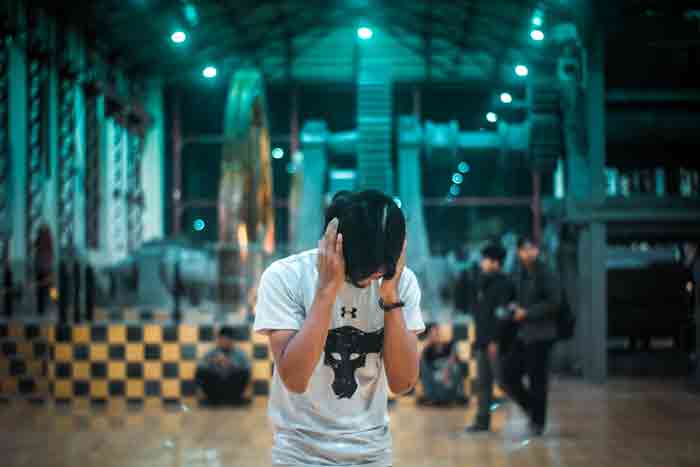Describe an occasion when someone or something made noise.
You should say:
Who/what made the noise?
What the noise was like?
What you did?
And explain how you felt about it.
Note: You will have to talk about the topic for one to two minutes. You have one minute to think about what you are going to say. You can make some notes to help you if you wish.
Model Answer:
Introduction:
Noise is an inevitable part of life, and there are times when it becomes particularly noticeable. I recall a specific occasion when I was disturbed by a significant amount of noise.
Who/what made the noise:
The noise was caused by construction work happening in the building next to where I live. The building was undergoing major renovations, which involved a lot of drilling, hammering, and machinery.
What the noise was like:
The noise was quite loud and persistent. It consisted of the constant rumbling of heavy machinery, the sharp and intermittent sounds of hammering, and the high-pitched whirring of drills. It started early in the morning and continued throughout the day, making it a continuous background presence.
What you did:
Initially, I tried to ignore the noise, but it became increasingly difficult to concentrate on my work. I then decided to take proactive measures. I closed all the windows to minimize the sound and played some soft background music to help mask the construction noise. When it became unbearable, I chose to leave my apartment and work from a nearby library where it was quieter.
How you felt about it:
The experience was quite frustrating, especially because the noise was beyond my control and it disrupted my daily routine. It was challenging to maintain focus and keep up with my work and other activities.
However, I also understood that the construction was necessary and temporary. Finding alternative solutions like working from the library helped me manage the situation better. Despite the initial frustration, I felt a sense of adaptability and resilience in dealing with the disturbance.
Conclusion:
Overall, the construction noise was a significant disturbance, but it also taught me to be flexible and find creative solutions in the face of disruption. It was a reminder that sometimes, we need to adjust our environment and routine to maintain our productivity and peace of mind.
IELTS Speaking Part 3 : Follow up Questions
Here some examples of follow up questions that you may asked during your speaking part 3 by examiner related to cue card “describe an occasion when someone or something made noise”.
1. Is noise pollution serious in India?
Yes, noise pollution is a serious issue in many parts of India. Due to rapid urbanization, increasing traffic, industrial activities, and high population density, especially in metropolitan areas, noise pollution levels are quite high. Major cities like Delhi, Mumbai, and Bangalore often experience significant noise pollution, impacting the daily lives of residents. Additionally, cultural factors, such as frequent festivals and celebrations, also contribute to the noise levels.
2. Do you like to live in a noisy place?
Personally, I prefer living in a quieter environment. Noise pollution can be stressful and disruptive, affecting concentration, sleep, and overall well-being. A quieter living space is more conducive to relaxation and peace, which is important for maintaining a healthy lifestyle.
3. Do you like to go to noisy places?
My preference for noisy places depends on the context and my mood. For socializing and entertainment, such as visiting a busy market, a concert, or a festival, I don’t mind the noise as it adds to the lively atmosphere. However, for everyday activities and relaxation, I prefer quieter settings.
4. Where can you hear a loud noise?
Loud noises are commonly heard in areas with heavy traffic, construction sites, industrial areas, and near airports or train stations. Additionally, loud noises are often part of entertainment and social venues like nightclubs, concert halls, and sports stadiums.
5. Do you think that there is more noise in people’s lives today than in the past?
Yes, it’s likely that there is more noise in people’s lives today compared to the past. The increase in urbanization, the number of vehicles on the road, and the prevalence of electronic devices contribute to higher noise levels. Industrial development and a higher population density in cities also play a significant role in increasing noise pollution.
6. Do you think that cities will become noisier in the future?
There is a possibility that cities may become noisier in the future, especially with ongoing urbanization and population growth. However, this can be mitigated by effective urban planning, implementation of noise control regulations, development of quieter transportation technologies, and increased public awareness about the impact of noise pollution. Efforts to create more green spaces and better city planning can also help in reducing noise levels in urban areas.






